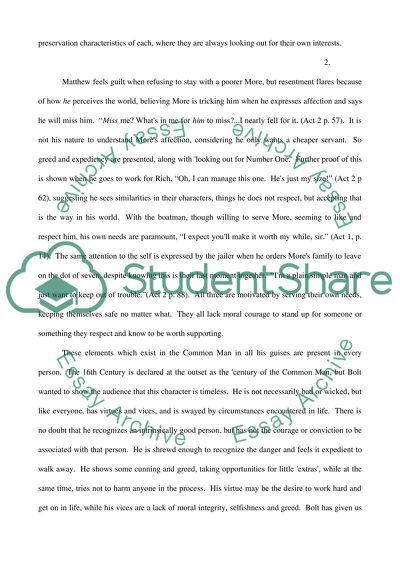Cite this document
(Recognizing Ourselves in The Common Man and Essay, n.d.)
Recognizing Ourselves in The Common Man and Essay. Retrieved from https://studentshare.org/literature/1530429-essay-man-for-all-seasons-by-robert-bolt
Recognizing Ourselves in The Common Man and Essay. Retrieved from https://studentshare.org/literature/1530429-essay-man-for-all-seasons-by-robert-bolt
(Recognizing Ourselves in The Common Man and Essay)
Recognizing Ourselves in The Common Man and Essay. https://studentshare.org/literature/1530429-essay-man-for-all-seasons-by-robert-bolt.
Recognizing Ourselves in The Common Man and Essay. https://studentshare.org/literature/1530429-essay-man-for-all-seasons-by-robert-bolt.
“Recognizing Ourselves in The Common Man and Essay”, n.d. https://studentshare.org/literature/1530429-essay-man-for-all-seasons-by-robert-bolt.


